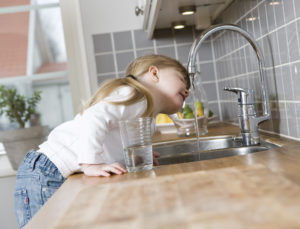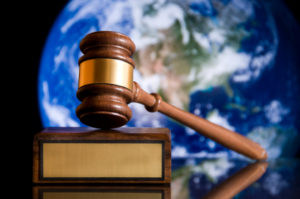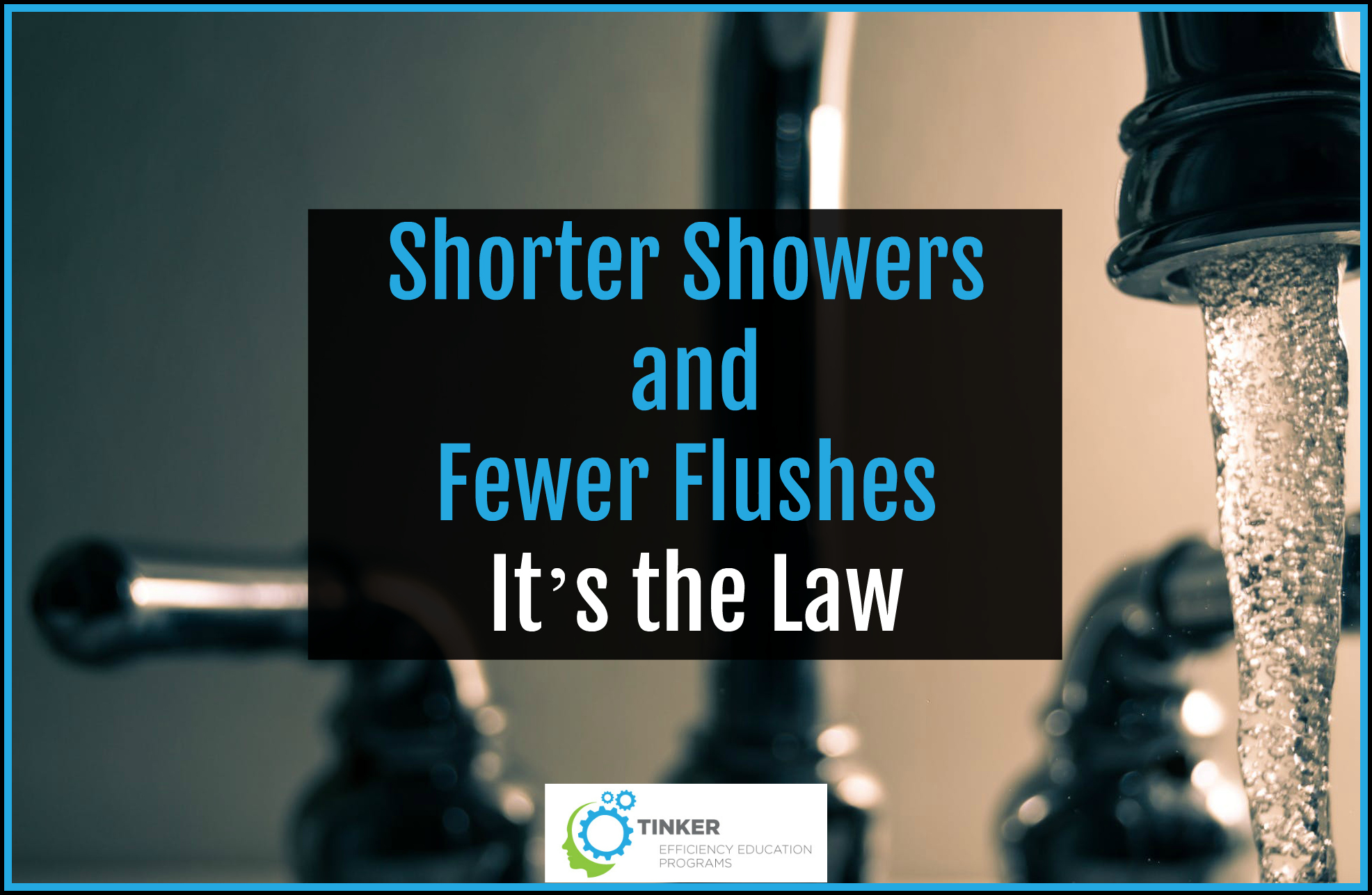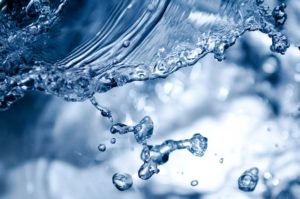Shorter Showers and Fewer Flushes – It’s the Law
California has already proven to be a pioneer state when it comes to big moves in energy efficiency and water conservation.
One of its newest laws is taking the influence of the state one step further.
Recently, California became the first state to pass a specific water law. This law limits household water use when it comes to things like flushing toilets, and taking showers.
If it sounds extreme, don’t worry – it’s actually much more reasonable than you might think.
But, it’s important to know just what this law entails, because it might be coming to your state sooner than you think.
Gauging the Gallons
Of course, no one from the government is going to be able to come into your home and monitor how long you’re taking a shower each day. So, starting in 2022, the state will limit home water usage to 55 gallons per person each day.
That might sound like a lot, but an average shower can take anywhere from 15-20 gallons of water. Flushing a toilet? That usually takes about 7 gallons each time. Throw in things like running the dishwasher or doing a load of laundry, and it isn’t hard to surpass the 55-gallon mark very quickly.
Understandably, some people are concerned that the law is too harsh, or even nearly impossible (especially in homes with children). But, there are many ways to make it easier to achieve, and less overwhelming.
Water Conservation in the Home

One of the biggest ways to lower the amount of water you use each day is to switch to appliances that naturally use less water. Low-flow toilets, for example, typically use just over one gallon of water per flush. That’s a savings of 6 gallons each time!
Other options are to install aerators on faucets, or low-flow showerheads in the bathroom. These simple changes can make a big difference in how much water is being used doing everyday tasks.
Personal changes need to be made by everyone living in the house, too. Some practical things you can do to lower the amount of water used in your home each day include:
- Cutting down your shower by a few minutes
- Waiting until the dishwasher is full before running a load
- Doing full loads of laundry
- Shutting off faucets when washing dishes, brushing teeth, etc.
These simple changes can really start to add up once you get everyone in the family on board.
Finally, you can save a lot of water by making sure all of your appliances are in good working condition. Most people are surprised to learn how much water they waste each year in leaks. It’s a good idea to periodically get your appliances checked out. Toilets, shower, sinks, etc., should all be tested for leaks. When you’re trying to make the most of every last drop, you don’t want to go over your water limit because of a pesky leak!
Will the Water Laws Spread?

Though it will likely take some time, don’t be surprised if water conservation laws start to spread to other states. As you can see, it’s not impossible to make the adjustments needed in order to save water.
The great thing about these laws is that they start small. They depend on individual households to all do their part. As a result, big changes can occur.
As that idea continues to grow and spread throughout the country, imagine what we all can do to reduce our environmental impact.





